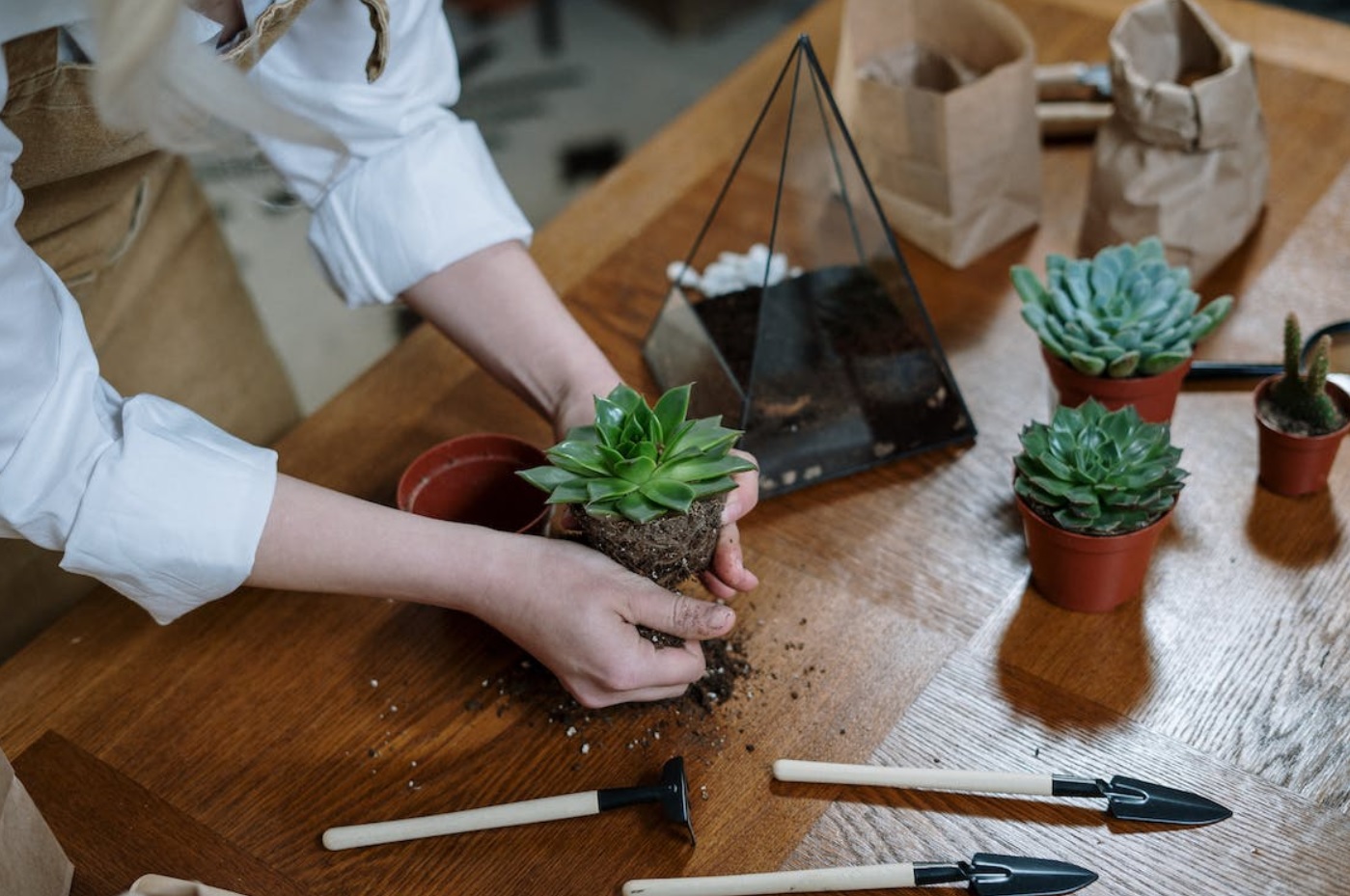In the whirlwind of modern life, it becomes easy to lose yourself in the hustle and bustle of performing a myriad of roles and dealing with daily stressors. A regular day often consists of juggling work, family, and social commitments, and a mental health break becomes just a 45-minute activity of scrolling through TikTok, laughing at every video that is painfully relevant to your life struggles.
While many consider getting lost in the social media wormhole as a hobby, unfortunately, it does not meet the requirements to be the good kind. While done for pleasure, a hobby should be more than an activity you do to pass the time. Whether it is to pursue your passion outside your work, improve your physical health by being active, or invigorate your mind for new learnings – the most important thing is that it is meaningful and enjoyable.
Contrary to popular belief, being productive while doing what you enjoy is still a form of self-care. Engaging in hobbies that allow you to rest & digest sets you on the path to happiness. It is also not only a source of joy but a transformative practice that nurtures both your mind and body.
Dissecting the Self-Care Essence in Meaningful Hobbies
Daily self-care begins with carving out time in your daily routine for activities that you actually enjoy, be it an activity that lets you spend time alone – such as hobbies – or with your family and friends. It does not only serve as a distraction from the busy day but a nurturing opportunity to focus on yourself while having an outlet for releasing some built-up stress. Generally, rhythmic or repetitive activities are great ways to ground you in a meditative state, providing you with a soothing escape from the norm.
Hobbies allow you to engage in creative thinking, problem-solving, and exploration, stimulating your mind, but with the absence of anxiety brought by deadlines, quotas, grades, or any KPIs from work or school. They are essentially productive activities that do not demand immediate or top-quality results. Instead, they should be therapeutic, offer self-fulfillment, and give you an avenue for self-discovery.
More than mental health benefits, hobbies also offer tangible physical health benefits. The physical act of completing tasks allows you to exercise your specific muscle areas. Even with seemingly sedentary hobbies like knitting or painting, you are improving the strength and dexterity of your arms, wrists, and hands. Even hobby cooking allows you to control your diet and ensure you nourish your body with nutritious and homemade meals.

Unlike what most people think, self-care is not just about being alone. As much as we want to isolate ourselves from the world, remember that no one can exist alone on an empty island. Self-care is also deeply intertwined with strengthening meaningful relationships. Hobbies are like a gateway to like-minded individuals. It offers an opportunity to connect with people who have similar interests and share your passions, such as school or community clubs, classes, or even advocacy groups.
One essential thing about hobbies, which is most likely a crowd favorite, is that they create a boundary between your professional and personal life. Balancing work, family, and personal time demands is crucial for self-care. When you start a hobby, you are most likely taking out a schedule from your routine. Hobbies offer a structured way to balance your different responsibilities, giving your brain an apparent cue to prioritize yourself at a given time. This sets a clear perimeter on when you should stop being an employee, a family member, or a friend and start being just you.
Carving Out Space for Your Hobby in Your Daily Routine
Most times, we have a clear understanding of how we’d like to spend our leisure moments. The real challenge is finding that leisure moment within our schedule. While establishing a routine, we often prioritize our work commitments, even rearranging our plans to meet deadlines or respond to unforeseen work-related emergencies. Once we locate that extra time, we often find ourselves depleted of the energy needed to start these passion projects.
Even if we feel overwhelmed with the day’s activities and there is not enough time for hobbies, we can change things around our routine and mindset to give room for a hobby to grow within our schedule.
- Actively set up a time. Instead of being limited to the already set schedule you have in your day, try to fix a particular time dedicated to your hobby. It doesn’t have to be a daily thing. You can find some in the week when you have some extra time to spend hours doing the things you love. If you have a lot on your plate, with no time to spare, you may be working on a job meant for two people, so start setting boundaries: say no and delegate.
- Be aware of your downtimes. It’s impossible to be actively engaged in a task every hour – your brain will go haywire. If you pay attention, you will find that there are a few times in a day when your mind stops functioning as you would like to. When this happens, your mind often goes on autopilot, and you grab your phone to check your social media or watch your favorite TV show. It’s easy to get lost in these activities and lose track of time. Try being aware of your brain’s downtimes and consider using these times to indulge in a hobby.
- Take advantage of microbreaks. A lot of research has been done to prove that your brain needs an occasional break to improve its overall function. You can use these breaks to start on any hobbies you can do for a short time, such as taking a walk outside, listening to music, reading a few pages of a book, or reconnecting with your peers with some light conversations.

Check out this great infomercial about microbreaks: https://www.gla.ac.uk/media/Media_730167_smxx.pdf
The remarkable thing about hobbies is that there is no one-size-fits-all where a particular hobby is exclusive to only a specific group. Whatever you are interested in, you can do. No one will be there to judge your work because it is yours and yours alone.
The key to maintaining a hobby is choosing an activity that you find truly interesting, resonates deeply, and sparks joy at every milestone. Valuing your hobby is also a form of prioritizing your mental health and overall well-being. So, whether it’s painting, the kitchen, the gym, or the musical notes that call to you, embrace your chosen hobby and start a self-care journey that will enrich your life profoundly.
